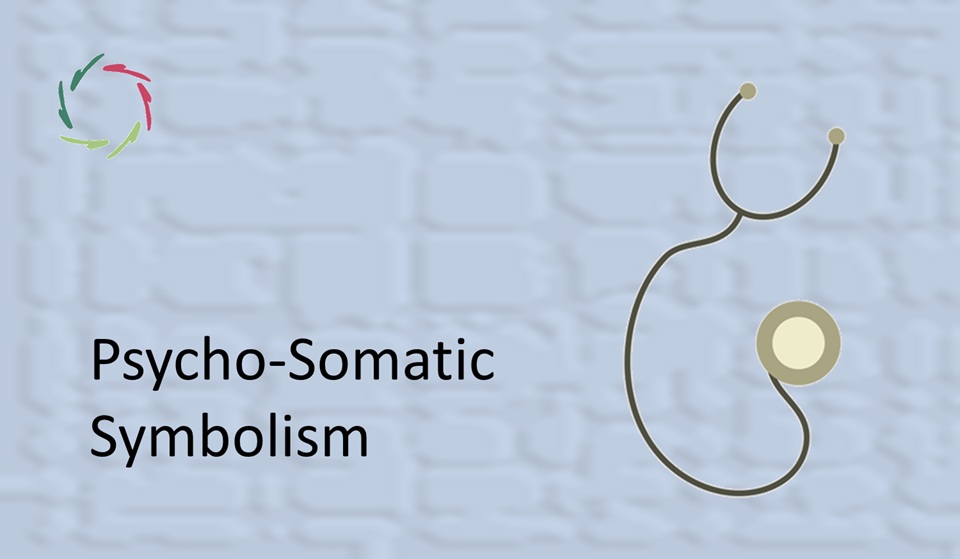Saving € 1 trillion in healthcare

Western medicine circumvents the mind way too much. The financial consequence of this is straightforward.
Most researchers agree that the reasons why people consult their physicians are frequently psycho-somatic. This means that mind and body are involved. Or otherwise put: that the issue can be seen from a mind perspective as well as from a body perspective, where both are relevant and contribute to an understanding of the ‘total’ person: you.
This concerns you. Definitely.
Yet if you go to your physician, it may not always strike you that Western scientific medicine of today has been developed – only a few hundred years ago – upon the idea of a separation of mind and body. Its model was Newtonian physics. Its aim: to combat bodily disease. Yet the concept of ‘disease’ itself is not very relevant to issues of the mind, nor is the kind of therapy that is oriented toward combating disease, either preventively or curatively.
It just doesn’t fit.
And that, of course, has huge consequences.
Imagine.
Imagine someone with a health issue that primarily originates from psychological causes: distress etc. Imagine that this health issue causes bodily symptoms, as it frequently does. The patient consults his physician who – rightfully – orders some examinations to exclude physical disease.
What happens next may shed light upon why healthcare in Western countries is costing WAY TOO MUCH!
Several alternative scenarios:
- The person may get normal results on all medical tests. However, he keeps being bothered by the issue. He may therefore get costly, purely symptom-reducing medication. This does not diminish the cause. He keeps taking the medication for a long time, or proceeds to other, even costlier He may also be absent at work for a costly period of time.
- Due to the normal results, the person may seek another physician who asks for the same or other costly
- The bodily symptom may spontaneously disappear, but after a while be replaced by another symptom, leading to other costly tests – costly
- Tests and therapy may bring costly side-effects, or even very costly hospitalization – at least one third of which is related to medication.
- One of the tests, though unrelated to the cause, may show a normal variant, yet be interpreted as indicative of ‘the disease’ and followed by costly therapy – that doesn’t work.
Of course, also possible is a chain of the previous scenarios – which may be most costly of all, yet be reality in many cases. Don’t think this is purely imagination. The last scenario frequently approximates reality. So how loud should I shout the following?
The cost to society is probably more than half of all healthcare costs!!
What then if the mind were brought appropriately into the picture at an early stage? Consider the costs that can be saved, in a most human endeavor… and the many positive consequences to healthcare and to society in general…
Imagine!


